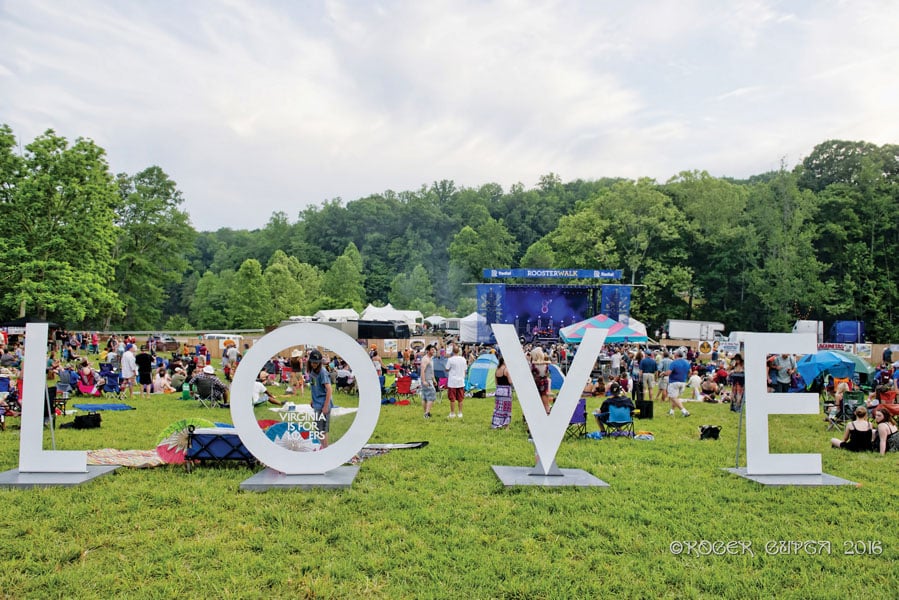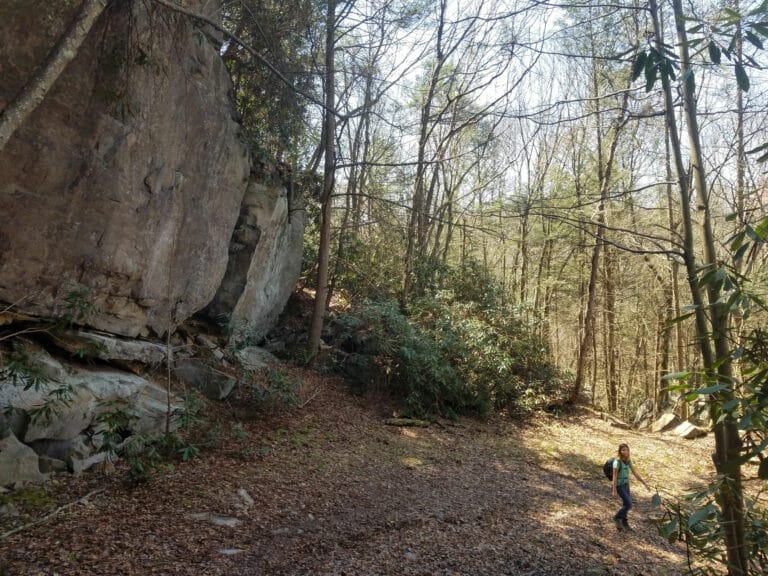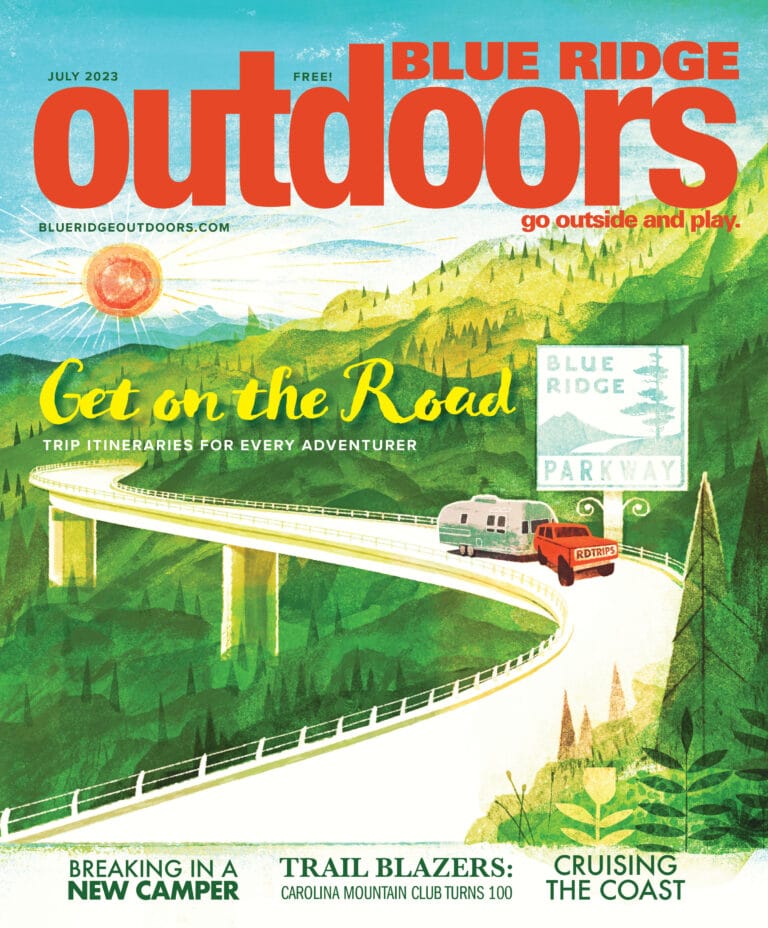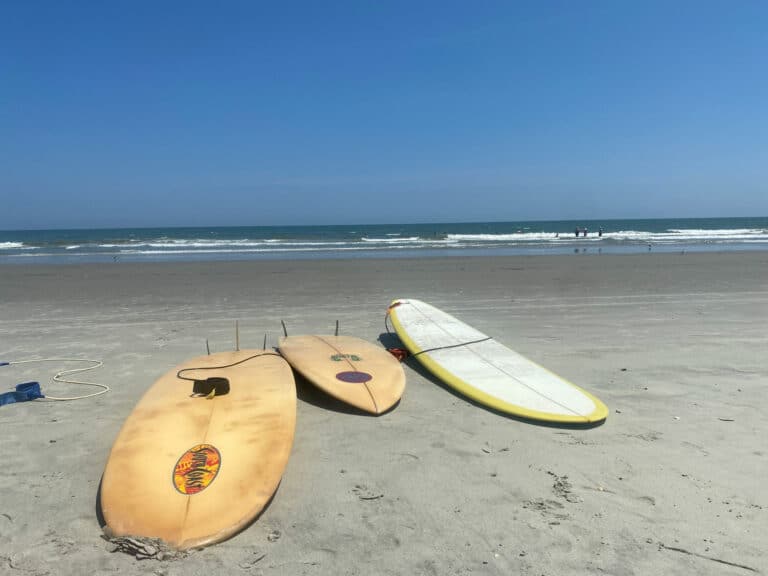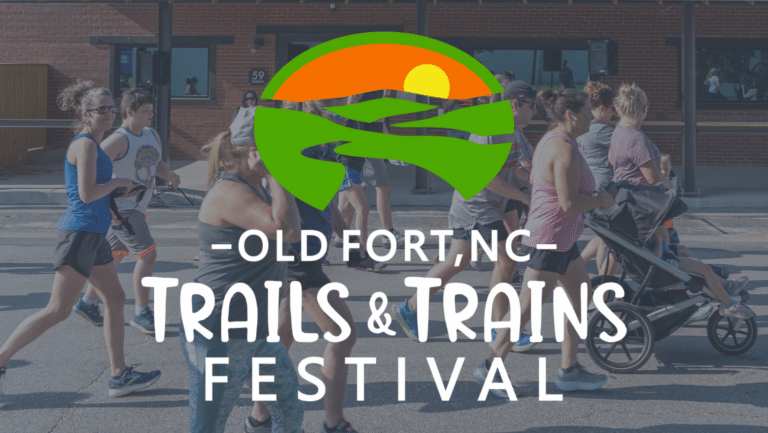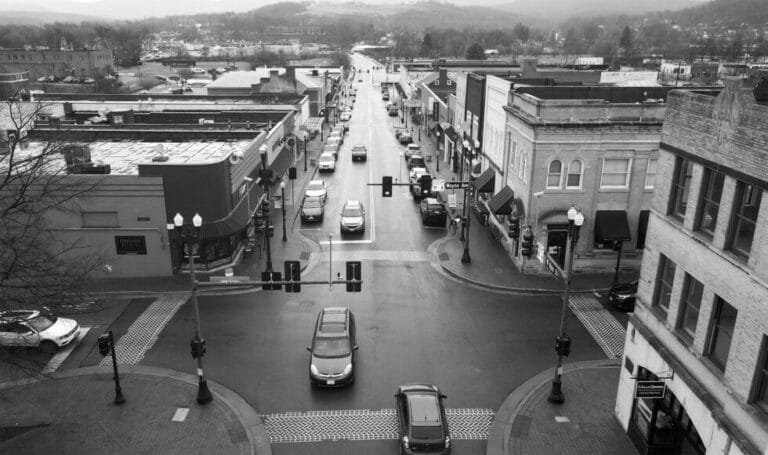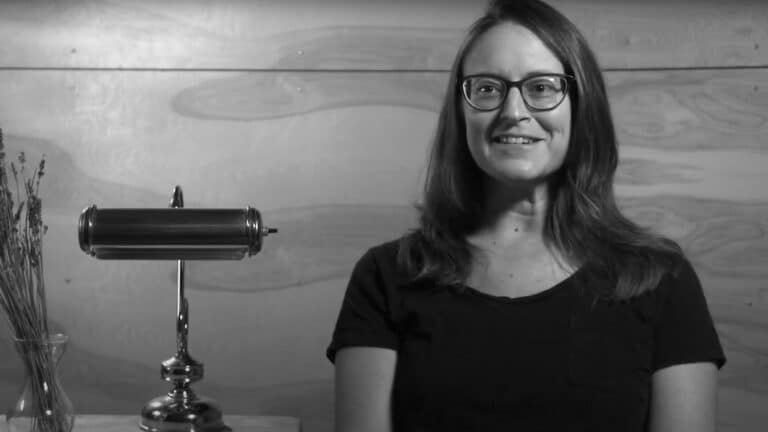Music festivals across the nation are increasingly incorporating different grassroot initiatives into their events. From environmental sustainability, to music education, to philanthropic endeavors, integrating meaningful actions into festival weekends is the new norm.
For many festivals, creating a sense of altruistic collaboration is key to attaining the perfect festival energy. “A lot of fans are attracted to festivals because they enjoy feeling part of something larger than themselves,” said Johnny Buck, organizer of Virginia’s Rooster Walk Music & Arts Festival.
These three festivals in the Southeast have not only fostered the quintessential festival vibe but are positively interacting with the earth and their local communities.
The Philanthropists
The ninth annual Rooster Walk Music & Arts Festival will be held on Memorial Day Weekend at Pop’s Farm, a beautiful 151-acre property outside Martinsville, Va. An eclectic lineup of bands and outdoor activities are on the bill for this year’s fest.
The festival was created by Martinsville locals Johnny Buck and William Baptist in memory of two childhood friends who passed away in their twenties. In creating Rooster Walk, Buck and Baptist hope to celebrate “life and the notion that you shouldn’t waste a moment of it,” and give back to their local community.
Martinsville has led Virginia in unemployment for more than a decade; its textile-based economy crumbled in the aftermath of NAFTA and the subsequent transfer of textile jobs to overseas markets. Having experienced this economic downturn firsthand, Buck and Baptist were inspired to help.
The festival’s non-profit, Rooster Walk Inc., manages a variety of charitable programs. They also “bring in high quality musicians and artists throughout the year who might not otherwise perform in a small town the size of Martinsville.”
Rooster Walk, Inc. established the Penn-Shank Memorial Scholarship Fund, which awards a $4,000 college scholarship to an inspiring Martinsville High School senior each year. Rooster Walk Inc. also collects old band instruments from the public which the organization pays to refurbish and then donates to entry level band programs in Martinsville-Henry County. A new addition in 2017, Rooster Walk Inc. has established a micro-grant program to help public school band programs fund small-scale purchases like music stands, sheet music, and more.
To date, Rooster Walk Inc. has raised more than $100,000 for local and regional charities.
Between the growth of Rooster Walk, the tourism office’s branding of the area as an outdoor destination, and the transformation of the Rives Theater from a movie theater to a live music venue, Martinsville’s music scene and tourism are on the upswing. “The community has done a great job of slowly and steadily working to diversify not only its economic base but its ability to attract tourism,” said Buck.
The Sustainability Gurus
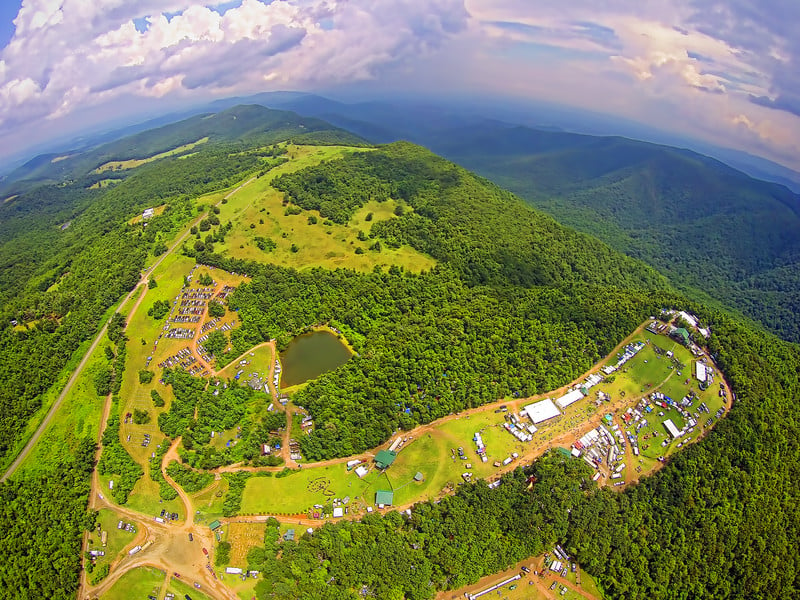
Each year, on the last weekend of July, thousands of festival goers congregate on a sprawling 80-acre mountain plateau off the Blue Ridge Parkway in Southwest Virginia. Over the years, FloydFest has grown sizably, attracting big-name headliners and a devoted following.
In addition to stellar lineups and loyal fans, FloydFest has emerged as a beacon of sustainability in the world of outdoor festival production. Across-the-Way-Productions, FloydFest’s event management company, has worked tirelessly to balance the festival’s attendance growth with its steadfast commitment to sustainability.
“Limiting our environmentally negative footprint goes hand-in-hand with every decision the company makes,” said Director of Marketing Sam Calhoun.
In 2012, Across-the-Way-Productions started tracking waste diversion (waste that is recycled or composted instead of being taken to a landfill), successfully diverting 35% of waste in year one. In 2016, FloydFest estimated a 70% waste diversion rate—an auspicious feat for a festival that hosts 15,000 people throughout the weekend.
As part of this effort, Across-the-Way Productions requires food vendors to use 100% compostable products and recycles all vendor-used vegetable oil.
FloydFest processes all their compost on site. Made possible by an educational exemption in Virginia’s solid waste regulations, the festival can process up to 100 cubic yards of compost at any given time. This ability to compost on site is “a huge asset to our program” said Green Team Manager Anne Bedarf. “It’s the most efficient and retains the valuable nutrients for local use.”
Each year, FloydFest partners with Klean Kanteen, the leading purveyor of stainless steel cups, to offer onsite water fill-up stations and reusable cups for libations. They estimate that this partnership eliminates the use of 54,000 plastic bottles and 58,000 disposable cups each festival. “It is amazingly difficult to find a disposable cup onsite during the festival,” said Calhoun.
These endeavors are made possible by FloydFest’s very own Green Team, a group of 17 staff and 90-some volunteers. The Green Team works dawn to dusk during the festival; they provide campers with bags and gloves to divide campsite waste, help clarify what goes where at waste receptacle stations, transport compost, and more.
The Green Team also hosts a series of “Green Artist Jam” discussions during which artists, vendors, and staff discuss green living, sustainable festival production, and more. In past years, Michael Franti, Railroad Earth, Sam Bush, and Leftover Salmon have all discussed the challenges of sustainable touring amongst other environmental issues.
Across-the-Way-Productions has also “greened” their ticketing options. The HOV-EZ Pass (four adults, two kids, two tent tags, and one onsite parking pass) dramatically discounts onsite parking as a reward for carpooling to the festival in high-occupancy vehicles. Crowdsourcing a ride to the festival is also encouraged through FloydFest’s green carpooling forum on Facebook.
The rolling hills of the Blue Ridge play backdrop to the many sights and sounds of FloydFest. It is the rising Virginia sun that makes the forest campsites glimmer in the early morning, the topography of the land that makes Hill Holler Stage so unique, and the crispening of mountain air that brings the main stage alive at night.
Indeed, Across-the-Way-Productions understands that their green is their gold; they readily acknowledge the great environmental responsibility that comes with producing an outdoor festival. As Calhoun reflectively states, “we are blessed to have created something incredibly special on the mountain. It is up to us to be good stewards to our Blue Ridge Mountain home.”
The Historians
Each summer, the International Bluegrass Museum in Owensboro, Ky., produces their very own bluegrass festival—ROMP Fest. Featuring more than thirty bluegrass, folk, and Americana acts, the festival celebrates the roots and branches of the musical genre.
“ROMP is a way for the International Bluegrass Museum to showcase the music of the genre we are working to preserve,” explained the museum’s Marketing Director Katie Keller.
Though there are traditional bluegrass groups showcased each year, the organizers bring in a variety of progressive acts such as the Punch Brothers and Yonder Mountain String Band. There are workshops on clogging and flat-foot dancing, but also yoga classes and healthy living panels. All in all, ROMP Fest is a fascinating mix of old and new.
Educational opportunities also abound. The museum opens new exhibits just in time for ROMP and features a film festival and live performances throughout the weekend. A shuttle runs back and forth between the two and museum admission is free for festival goers.
On Thursday, the festival presents International Bluegrass Music Association’s Hall of Fame plaques to new inductees on the main stage—the only festival to hold such an honor.
ROMP also serves as an important financial backer for the museum; all festival profits go to the organization. Funds from ROMP allow the museum to continue its archival efforts and educational endeavors like their Bluegrass in the Schools program.
Together, the museum and festival are able to disseminate bluegrass music in a fun and accessible way. “Bringing people of all demographics together to enjoy the music is the best way to educate attendees about the genre,” said Keller.
